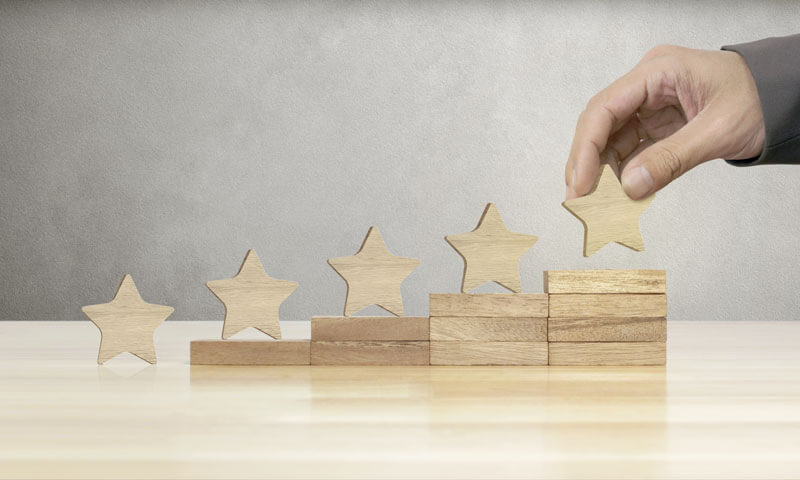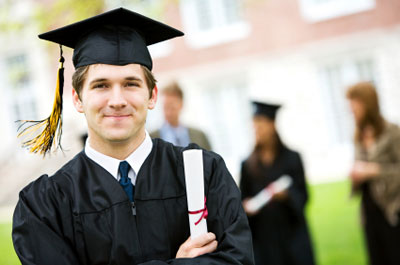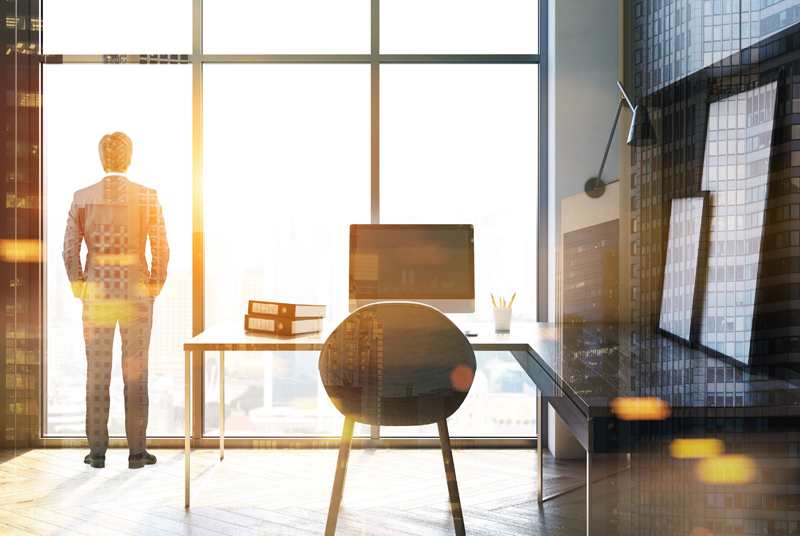
Elon Musk’s Tesla secures victory in a U.S. trial, vindicating its Autopilot system.
In a significant legal victory for Tesla (TSLA.O), a U.S. jury has ruled in favor of the electric vehicle manufacturer, dismissing allegations that its Autopilot driver assistance feature was responsible for a fatal accident. This triumph comes at a pivotal time as Tesla faces multiple other lawsuits and federal investigations concerning the same technology.
Tesla’s Legal Triumph
This courtroom win marks the second legal success for Tesla in 2023. Earlier this year, juries found no evidence of software defects in Tesla’s vehicles, a key aspect of the cases involving its Autopilot system. Tesla has been actively testing and rolling out its Autopilot and Full Self-Driving (FSD) system, which CEO Elon Musk has emphasized as vital to the company’s future. However, these innovations have also attracted regulatory and legal scrutiny.
The Responsibility Debate
This verdict underscores a fundamental aspect of Tesla’s arguments – the ultimate responsibility in cases of accidents involving Autopilot rests with the drivers. The civil lawsuit, initially filed in Riverside County Superior Court, alleged that the Autopilot system caused Micah Lee’s Model 3 to suddenly veer off a highway near Los Angeles, leading to a fatal crash.
The incident resulted in the tragic death of Micah Lee and serious injuries to his two passengers, including an 8-year-old boy who suffered severe injuries. The plaintiffs had sought $400 million in damages, along with punitive damages.
Tesla’s Defense
Tesla denied liability, contending that Lee had consumed alcohol before driving and that it was unclear whether the Autopilot system was engaged at the time of the accident. During the trial, the jury was presented with gruesome details of the injuries sustained by the passengers.
The Jury’s Verdict
The 12-member jury ultimately concluded that the vehicle did not have a manufacturing defect, delivering a 9-3 vote in favor of Tesla. While the verdict is a win for Tesla, Jonathan Michaels, an attorney for the plaintiffs, expressed disappointment, suggesting that it still leaves a shadow of uncertainty.
Tesla welcomed the verdict, asserting that its vehicles are well-designed and contribute to road safety. The company contends that the jury’s decision was the correct one.
Previous Legal Victory
In a prior trial in Los Angeles in April, Tesla had similarly argued that its technology required human monitoring, despite the names “Autopilot” and “Full Self-Driving.” In that case, the jury attributed an accident involving a Model S to driver distraction rather than a defect in Tesla’s technology.
Public Perception and Legal Implications
Legal experts and observers note that these verdicts indicate that juries continue to place a strong emphasis on the presence of a human driver as the ultimate responsible party when accidents occur. However, the Riverside case involved unique steering issues, making the legal landscape complex.
In other lawsuits against Tesla, plaintiffs have alleged that the Autopilot system is defectively designed, leading to misuse by drivers. In the Riverside case, the focus was primarily on whether a manufacturing defect influenced the steering.
Regulatory and Safety Concerns Persist
Tesla remains under scrutiny on multiple fronts, with the U.S. Department of Justice conducting a criminal probe into claims that Tesla’s vehicles can operate autonomously. Furthermore, the National Highway Traffic Safety Administration is investigating the performance of Autopilot after identifying several accidents where Tesla vehicles struck stationary emergency vehicles.
While disclaimers Tesla provides in its vehicles may offer legal protections, some experts argue that regulatory intervention may be necessary to address these concerns comprehensively. Sam Abuelsamid, an analyst at Guidehouse Insights, asserts that addressing the issue of autonomous driving safety should become a priority for regulators.
Don’t be a silent ninja! Let us know your thoughts in the comment section below.










































